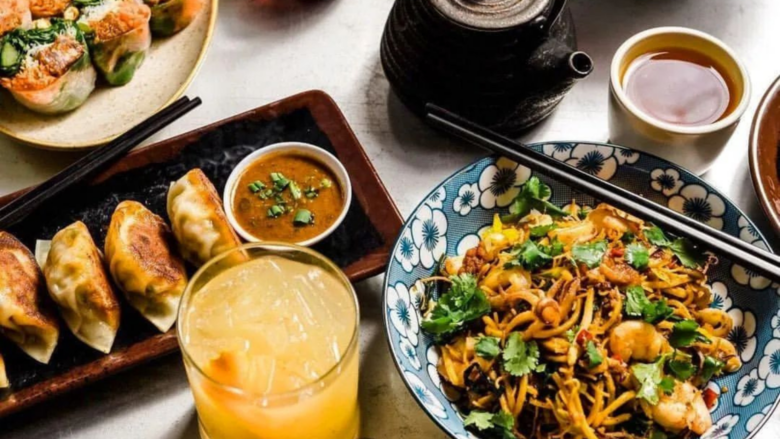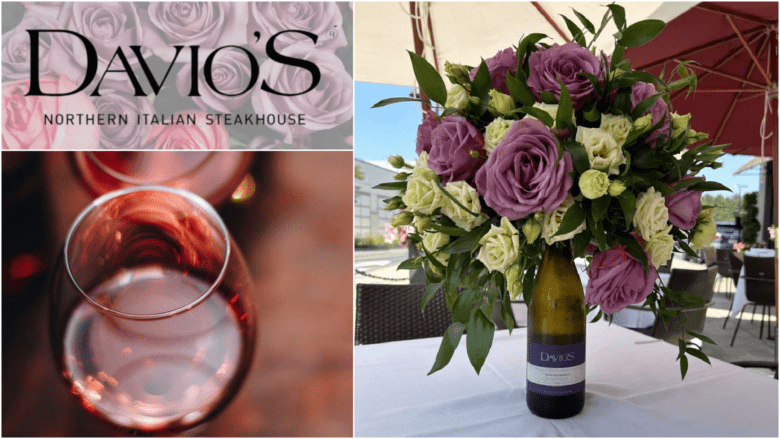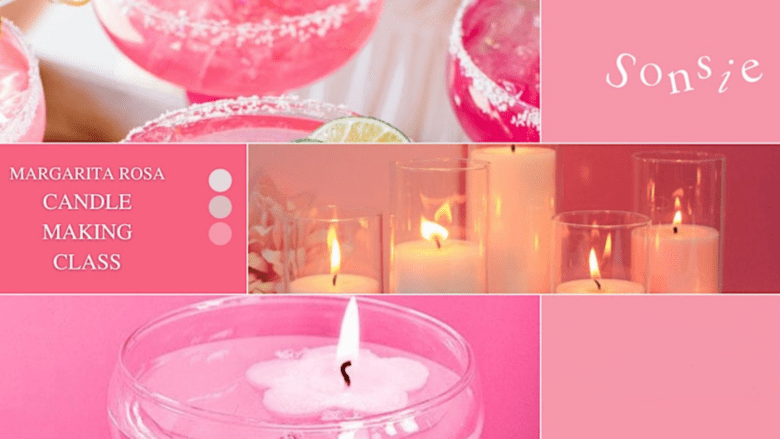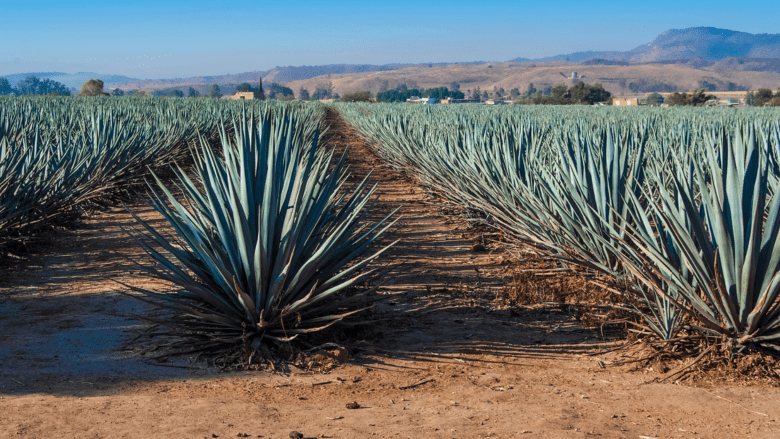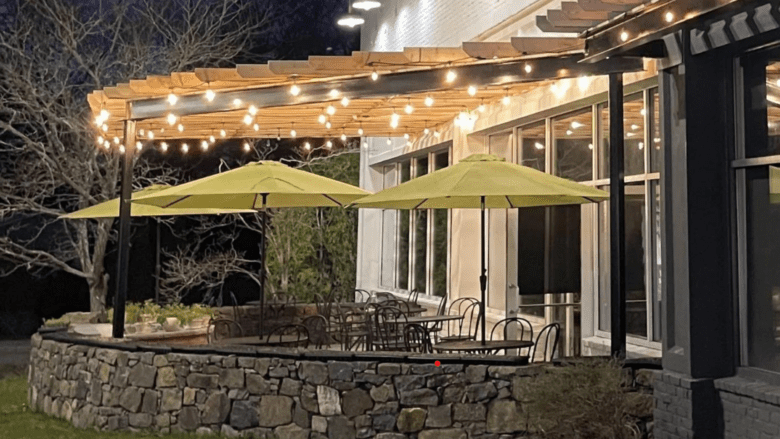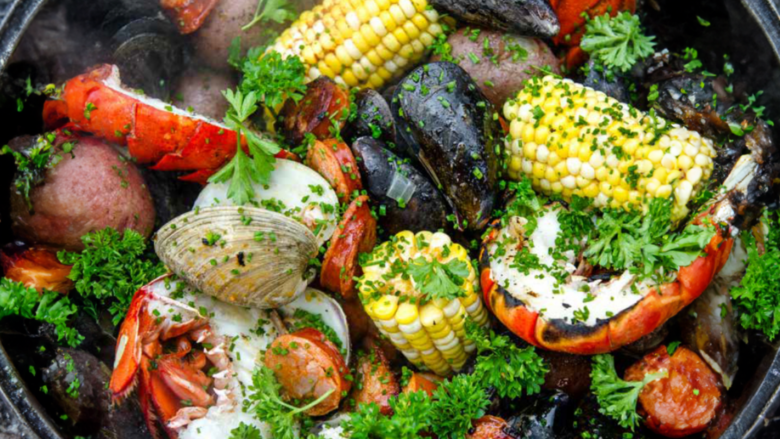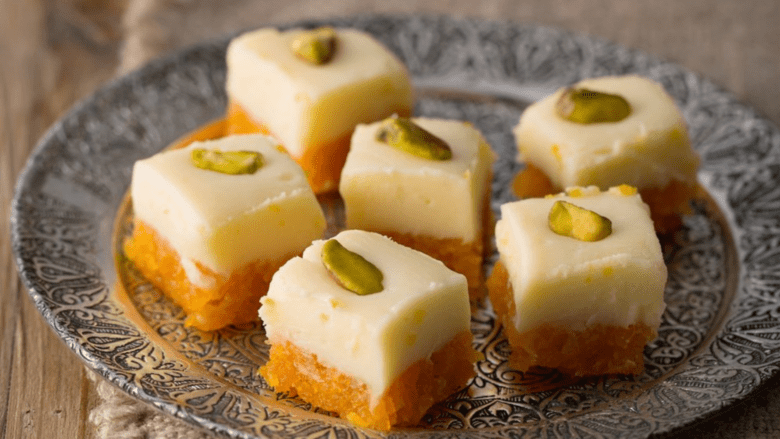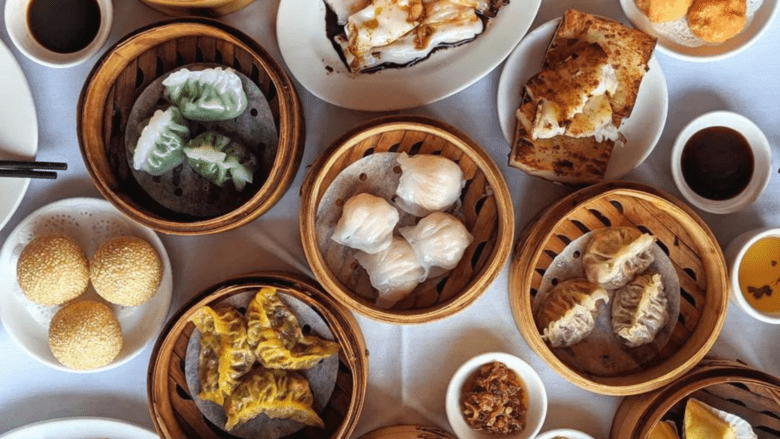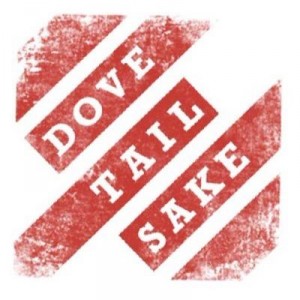 Imagine a world in which you kick back to root for the Sox not with a cold beer in hand, but a cold glass of sake. That could soon be the case with the first-ever Massachusetts-based sake brewery, Dovetail Sake in Waltham. The brewery is the brainchild of duo Todd Bellomy and Daniel Krupp, who chose the name for its double meaning. Technically, a dovetail is a type of woodworking joint and the word stood out for the pair as a symbol of their hand-crafted, hand-filtered approach to brewing in the long tradition of New England artisans. But it can also mean to come together harmoniously, like Bellomy and Krupp, the blend of old and new customs and Dovetail’s seamless merger of centuries-old Japanese culture with un-fussy New England spirit.
Imagine a world in which you kick back to root for the Sox not with a cold beer in hand, but a cold glass of sake. That could soon be the case with the first-ever Massachusetts-based sake brewery, Dovetail Sake in Waltham. The brewery is the brainchild of duo Todd Bellomy and Daniel Krupp, who chose the name for its double meaning. Technically, a dovetail is a type of woodworking joint and the word stood out for the pair as a symbol of their hand-crafted, hand-filtered approach to brewing in the long tradition of New England artisans. But it can also mean to come together harmoniously, like Bellomy and Krupp, the blend of old and new customs and Dovetail’s seamless merger of centuries-old Japanese culture with un-fussy New England spirit.
A native Mainer, Bellomy caught the sake bug while living in Japan for four years. When he returned and discovered a dearth of good sake stateside, he naturally set out to make his own. He kept up home sake brewing while working at Boston Beer Company and spent time travelling to Japan, working in breweries and studying (and drinking) the fermented beverage. Having collaborated with Cambridge Brewing Company on a beer sake-hybrid for the past few years (check it out!), the idea for a sake brewery blossomed as a way to bring the spirit home to stay.
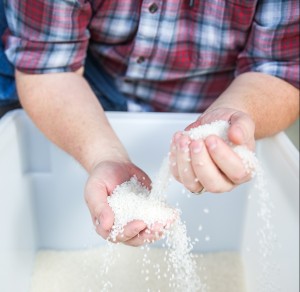 Dovetail plans to launch in spring of 2015 with two sakes and Bellomy and Krupp have done their best to simplify the drinking experience for curious New Englanders. Both launch products will be junmai sakes, a category that translates to “strictly rice.” (Honjozo sakes, the other main category, involve the addition of brewer’s alcohol.) Dovetail will call its first sake simply “junmai.” It’s modern, medium-dry and fruity, highly filtered and very clear. Their other sake will be an unfiltered sake called a nigori, rough-pressed and opaque, with bits of rice suspended in the liquid to add mouthfeel and sweetness. When it comes to how to drink them, the answer is slightly chilled and (here Bellomy overturns tradition) in whatever glass you want. He explains that the typical small Japanese sake cups have more to do with cultural customs than the actual beverage. Since tradition dictates that you don’t pour your own drink, a smaller glass means more opportunities for friends to refill you. Here in Mass, you can opt for a full pour (four to five ounces), and a wine glass or Belgian beer glass is best for concentrating aromas.
Dovetail plans to launch in spring of 2015 with two sakes and Bellomy and Krupp have done their best to simplify the drinking experience for curious New Englanders. Both launch products will be junmai sakes, a category that translates to “strictly rice.” (Honjozo sakes, the other main category, involve the addition of brewer’s alcohol.) Dovetail will call its first sake simply “junmai.” It’s modern, medium-dry and fruity, highly filtered and very clear. Their other sake will be an unfiltered sake called a nigori, rough-pressed and opaque, with bits of rice suspended in the liquid to add mouthfeel and sweetness. When it comes to how to drink them, the answer is slightly chilled and (here Bellomy overturns tradition) in whatever glass you want. He explains that the typical small Japanese sake cups have more to do with cultural customs than the actual beverage. Since tradition dictates that you don’t pour your own drink, a smaller glass means more opportunities for friends to refill you. Here in Mass, you can opt for a full pour (four to five ounces), and a wine glass or Belgian beer glass is best for concentrating aromas.
However you drink it, Dovetail’s sake is designed for sipping alongside classic Boston cuisine and fresh farm-to-table foods. It’s a highly food-friendly alcohol that fits well with Japanese dishes like grilled pork and chicken and fresh and pickled vegetables—not too different from what you’d find at a local farm-focused restaurant. The acids unique to sake fermentation lend themselves well to seafood, making Dovetail Sake a perfect fit for, say, a New England lobster roll. Keep an eye on the brewery for launch updates (including plenty of sake education opportunities) and you could be sipping on a junmai by baseball season.



